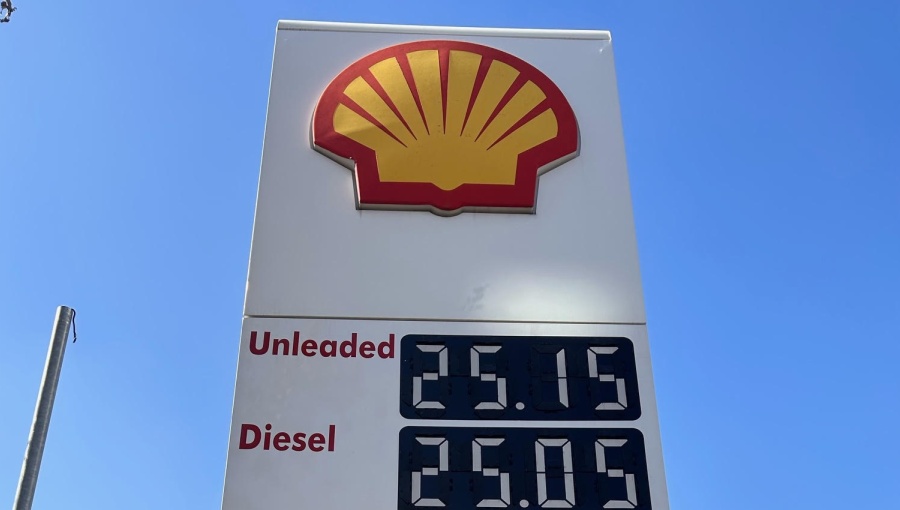South Africa’s Constitutional Court to rule on Shell’s Wild Coast oil exploration rights

Lawyers representing South African coastal communities and environmental groups are challenging a Supreme Court of Appeal order allowing energy supermajor Shell (UK) to apply for a renewal of oil exploration rights.
This week, the Constitutional Court will hear arguments over Shell’s contested right to explore for oil off the Wild Coast of South Africa. The exploration right was originally granted to Shell Exploration and Production South Africa and its local partner, Impact Africa in 2014, but courts later ruled it unlawful owing to inadequate community consultation and failure to consider environmental laws.
In 2022, the Makhanda High Court set the right aside, with the Supreme Court of Appeal (SCA) confirming the unlawfulness while allowing Shell to apply for a third renewal. This decision is now being challenged, says South African non-profit news agency GroundUp.
According to the human-rights-focused media outlet, the SCA ruling perpetuates illegality and violates constitutional rights of coastal communities on the Wild Coast. Shell and its partner Impact Africa, a South African privately owned oil and gas exploration company, maintain that they acted in good faith and that stripping the right entirely would harm investors’ confidence.
As reported by Bloomberg on September 16, the outcome of this legal battle may determine the trajectory of the country’s fledgling offshore oil industry. Shell and French supermajor TotalEnergies are advancing plans to drill offshore South Africa following their Orange Basin discoveries in neighbouring Namibia in 2022, which have established the area as one of Africa’s key exploration hotspots.
Shell noted in court documents that it had already invested ZAR1bn ($53mn) in the Wild Coast exploration programme, the company’s spokesperson said, adding that Shell would wait for the Constitutional Court’s decision before providing further comment.
The court’s decision could either strengthen the position of activists, who have repeatedly won legal challenges against oil exploration, or allow the government to proceed with drilling, which it argues will support economic development.
According to Cormac Cullinan, a lawyer representing the environmental groups, the previous decision to grant the exploration right must be set aside as it “was made unlawfully.” Bloomberg quoted Cullinan as saying that a public consultation process now would not “fix the original problem” and could not remedy the situation “for the people who were excluded from participating in the decision to grant the exploration right.”
South Africa has recently seen a series of legal disputes between environmental groups and oil companies seeking to explore along the country’s coastline.
Last month, the Western Cape High Court rescinded the environmental authorisation granted to TotalEnergies to drill for oil in a deepwater block in Outeniqua Basin. Block 5/6/7, an offshore exploration licence operated by TotalEnergies with Shell and PetroSA as partners, is located in South Africa’s Atlantic, between Cape Town and Cape Agulhas. The court’s decision effectively puts exploration in the block on hold, and the permit must now be reissued for any exploration activity to proceed.
In a separate matter, environmental activists have appealed Shell’s environmental authorisation for the Northern Cape Ultra Deep (NCUD) block. Shell holds an exploration right for the NCUD block located off the West Coast between Port Nolloth and Saldanha Bay, in the Orange Basin. Environmental groups, including The Green Connection and Natural Justice, along with coastal communities have lodged formal objections, arguing that the public consultation process was not properly conducted.
According to Aluwani Museisi, country chair for Shell’s downstream business in South Africa, engaging with communities is crucial. “We will be ready to hear from the courts how we can do that better,” Museisi said in an interview with Johannesburg-based broadcaster eNCA on September 12, as reported by Bloomberg.


Follow us online